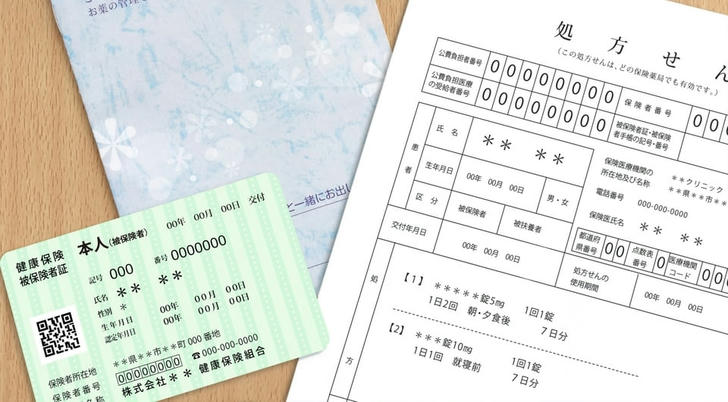Japan's National Health Insurance Exemptions: Latest Policy Update
The NHI is mandatory for residents who are not covered by employer-based insurance plans or other social insurance systems. The system ensures that everyone has access to health care, but the premiums can be burdensome for people facing economic hardship. To address this, Japan has established a policy that allows for exemptions to those who qualify, ensuring that everyone has access to health care.

Who is eligible for reductions and exemptions?
The latest policy changes focus on expanding eligibility for premium reductions and providing more streamlined access. Generally, people eligible for premium reductions or exemptions fall into the following categories:
1. Low-income household relief:
For households whose total income in the previous year of National Insurance is below a certain amount, the flat-rate amount can be reduced by 20% to 70% (the income of the head of the household who is not enrolled in National Insurance is also included in determining the reduction)
2. Children's relief:
The flat-rate amount of National Health Insurance tax for preschool children will be reduced by 50%.
3. Elderly people:
Elderly people, especially those with low pension benefits, may be eligible for a reduction in their premiums depending on their economic situation. The flat-rate discount for "former dependents" who enroll in National Insurance is half price for two years.
4. Victims of Natural Disasters:
Victims of natural disasters (such as earthquakes and typhoons) may be exempt from paying insurance premiums for a certain period of time.
Latest Policy Updates
In 2024, several changes were made to allow more residents in financial difficulty to benefit from the reduction and exemption system. These changes include:
1. Raising the Income Standard:
The income standard for receiving a reduction has been raised, allowing more households to receive a partial or full reduction in their premiums.
2. Simplifying the Application Procedure:
The government has simplified the application process so that more eligible residents can apply. Residents now need fewer documents to prove their income and employment status, and can apply online or at their city hall.
How to Apply for Reductions and Exemptions
There are several important steps to apply for a reduction or exemption in your National Health Insurance premiums.
Check your eligibility: Residents should first check whether they qualify for a reduction or exemption based on their specific circumstances, such as income, unemployment, or the impact of a disaster.
Submitting an application: Applications can be submitted at the city hall responsible for administering the National Health Insurance or through an online portal (if available). Applicants must provide proof of income, unemployment, or other relevant documents.
Approval process: The city hall reviews the application and makes a decision. If approved, the premium reduction or exemption will be applied to future payments.
Benefits of reductions and exemptions
Access to medical care: Residents can maintain their medical insurance without the burden of high premiums even if their income decreases.
Financial relief: Premium reductions or exemptions provide significant financial relief to households, allowing them to focus on the expenses necessary for life.
